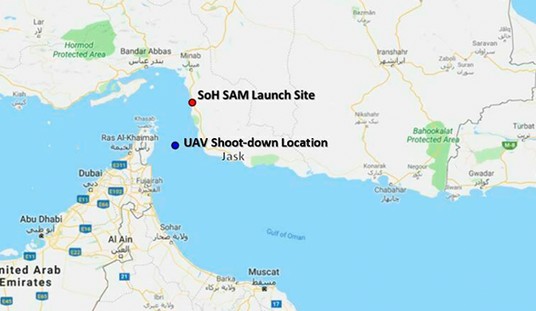Last year the former head of Britain’s MI6 intelligence services said it was a mistake to treat the lab leak theory of the origin of the coronavirus as a conspiracy theory. Sir Richard Dearlove, who ran the agency from 1994 to 2004, made headlines in July of 2020 for saying he believed a lab leak was probable and needed to be discussed.
“I subscribe to the theory… that it’s an engineered escapee from the Wuhan Institute (of Virology),” said Sir Richard, who served as head of the Secret Intelligence Service, MI6, between 1999 and 2004…
“There is an accumulation of evidence that this is something that has to be openly discussed in the scientific community,” the former spy chief said.
In light of the recent revival of the theory among some scientists and the media, Dearlove is feeling a bit vindicated these days but he also warned, in an interview with the Telegraph, that it will be extremely difficult to prove what kind of gain-of-function research was taking place at the Wuhan Institute of Virology so many months later.
Sir Richard Dearlove said it would now be difficult to prove the Wuhan Institute of Virology was working on “gain of function” experiments to make a novel coronavirus.
“We don’t know that’s what’s happened – but a lot of data have probably been destroyed or made to disappear so it’s going to be difficult to prove definitely the case for a ‘gain of function chimera’ being the cause of the pandemic,” he said…
Sir Richard told the podcast it was possible Chinese scientists who wanted to speak out about experiments had been “silenced”.
“The People’s Republic of China is a pretty terrifying regime and does some things we consider unacceptable and extreme in silencing opposition to the official line of the government,” he said.
This is obviously all speculation but I don’t think anyone really doubts that China would hide or disappear evidence of its own failures if such evidence existed. As for scientists being silenced, that’s not speculative at all. From the very start of the outbreak, China was censoring doctors and reporters who tried to get the word out about what was going on.
Just today the Washington Post published a story about the head of the other laboratory in Wuhan that was doing research on bat viruses. Tian Junhua ran that lab and hasn’t been heard from publicly in more than a year.
On Feb. 3, 2020, Tian’s team landed in the pages of Nature again, with an early clinical account of a coronavirus patient in Wuhan. Their paper pointed to bats as a possible host.
But as the coronavirus spread, Tian went quiet. The state-run newspaper Health Times cited an anonymous source in March 2020 saying Tian was not infected with coronavirus, and that he was in poor spirits because of speculation over whether he was patient zero.
The Health Times said it reached Tian by phone and he declined to answer questions — an unusual note of tension in a state media profile. Tian has not spoken publicly since.
It highlights a challenge facing independent probes: Many of those in Wuhan who may hold key information are quiet, whether under official pressure or by personal choice.
Tian is still publishing new papers so at least he hasn’t ended up in prison like some have, but it’s a safe bet that his reasons for not speaking to the media aren’t purely personal ones. The CCP is trying to control the narrative and that means silencing anyone who might fail to hold the party line. In short, we can’t trust what anyone in China is saying because everyone there realizes that news that reflects badly on the country or the government could lead to serious repercussions for them and their family.
Here’s the interview with Sir Richard Dearlove:








Join the conversation as a VIP Member